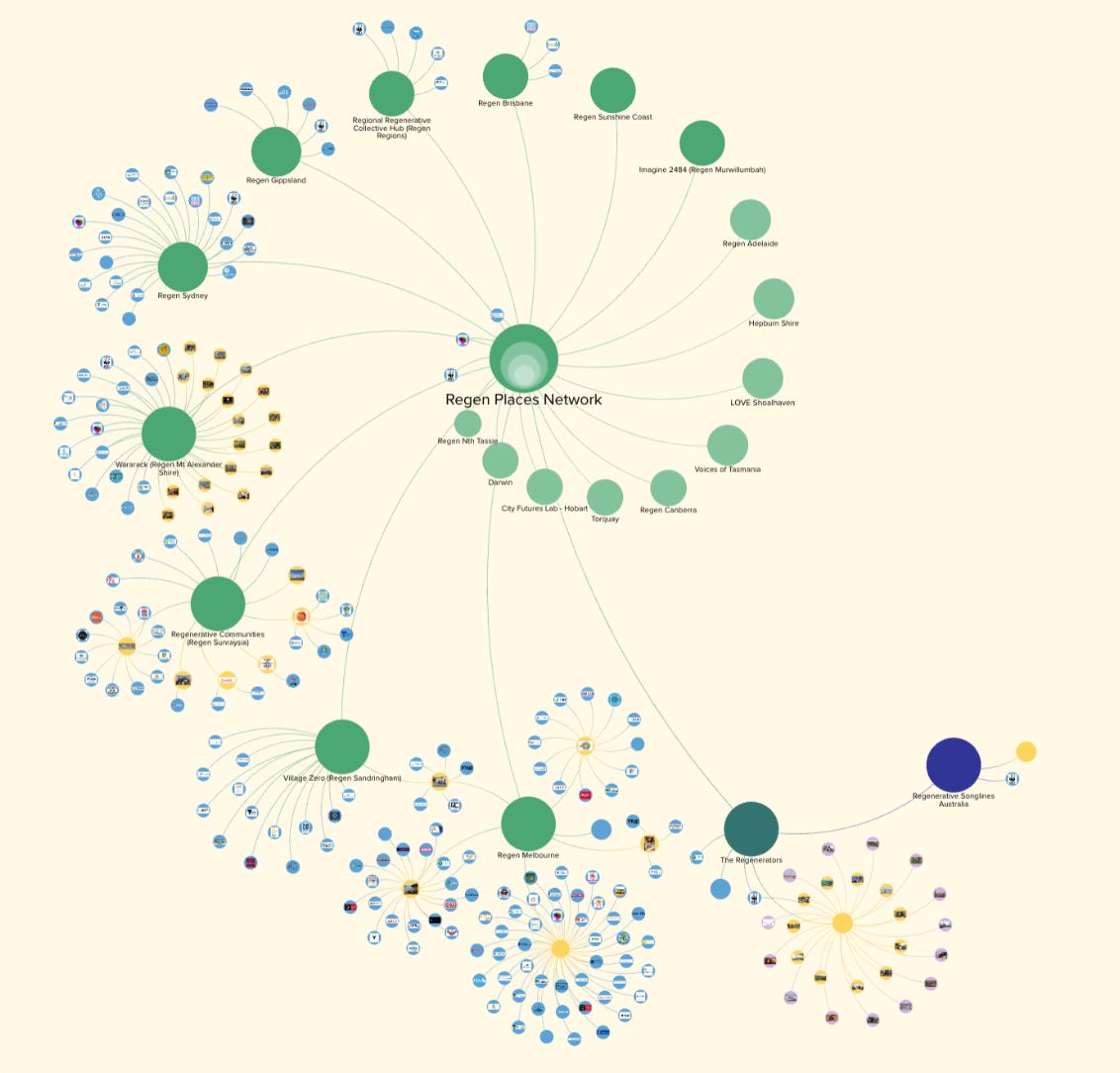Four For Friday | April 19, 2024
LF119 | EY on wellbeing tech, microplastics in your gut, mapping impact ecosystems, and poverty as disease.
Welcome to Looking Forward’s Four For Friday. Four things that have piqued my interest this week. Enjoy!
EY on “Wellbeing tech”
A new report by EY Japan on what they call ‘wellbeing tech’, which combines mental, physical, social and financial health into four elements of well-being.
They see this as a $7 trillion global market and suggest ways that Japanese corporates can succeed:
User-centric design, using data
Privacy
Building ecosystems
Social connections
The So What? Despite its aging society, Japan doesn’t have a particularly robust innovation ecosystem around age-tech. Maybe well-being tech is a better way to frame it?
Would you like some plastic with that?
We ingest roughly a credit card amount (5 grams) of plastics per week. It goes into the gastrointestinal tract via the air we breath or the food we eat. And more disturbingly, it becomes part of our body - not breaking down like other foreign objects, but actually becoming part of our cells, and even passed on to newly formed cells during cell division.
The So What? Microplastics are fast on their way to becoming the ‘next smoking’, along with sitting and social media. Let’s hope public health is not sacrificed, again, for profit.
Mapping regenerative places
A good example of mapping a impact systems using Kumu, by the Regenerative Places Network (RPN). This living document shows the growing network of the RPN, which describes itself as: “focused on building the social infrastructure and capacity for places to initiate community-led projects and enterprises for the regeneration of cities, towns and bioregions.”
The So What? Kumu seems to be in a class of its own as a tool to help builders collaboratively map their impact ecosystems in real time. It creates engaging, visually intuitive results for what can be a complex and inaccessible concept.
Poverty as a disease
A rather pithy and powerful concept from the NYTimes - ‘end stage poverty’, and the unfortunate reality that often the biggest driver of health outcomes is the home and social environment, not the clinical setting.
Medical textbooks usually don’t discuss fixing your patient’s housing. They seldom include making sure your patient has enough food and some way to get to a clinic. But textbooks miss what my med students don’t: that people die for lack of these basics.
People struggle to keep wounds clean. Their medications get stolen. They sicken from poor diet, undervaccination and repeated psychological trauma. Forced to focus on short-term survival and often lacking cellphones, they miss appointments for everything from Pap smears to chemotherapy. They fall ill in myriad ways — and fall through the cracks in just as many.
The So What? America is arguably leading the world in creating innovative models that start to address social determinants holistically (e.g. PACE and some of the new Medicare benefits around food, transport etc). But are likely not keeping pace with the wrenching societal challenges caused by structural failures of its economic model.
That’s all for this week. As always, feedback welcome. Feel free to share insights or links of interest.
- Stephen




